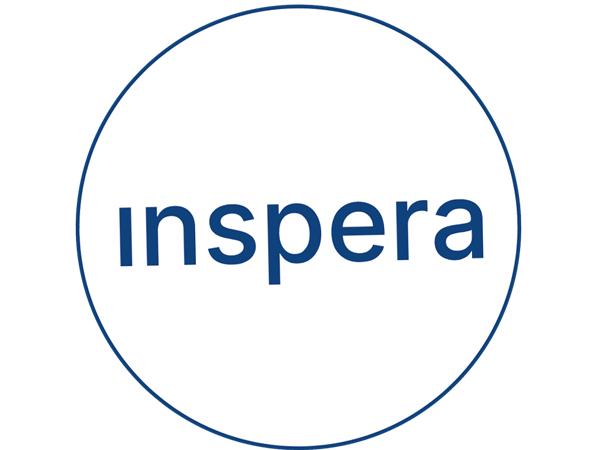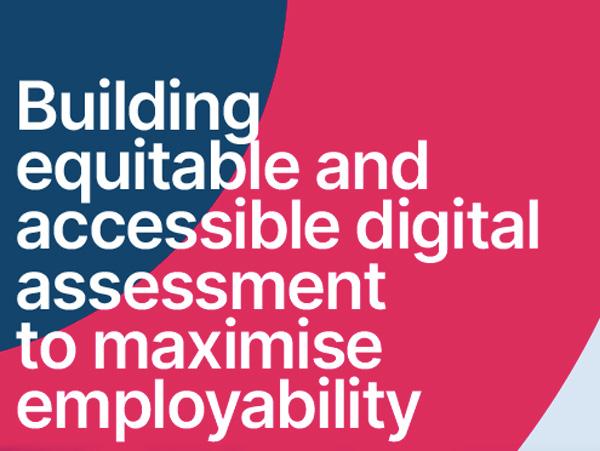
Digital assessment: enhancing student outcomes and the case for leadership

Digital assessment has the potential to transform student outcomes, widening access, personalising education, and offering students the chance to prove their skills and academic knowledge in a manner that readies them for the workplace. As with all aspects of digital transformation, it is a question of leadership, direction and starting with a clearly defined educational goal.
Speaking at THE Digital Universities UK 2023, Ishan Kolhatkar, general manager (UK, Ireland and ANZ) of Inspera, the end-to-end digital assessment platform provider, said the digital element is simply the means to the end. “It is not an IT project,” Kolhatkar said. “This is about education, pedagogical impact, deciding what good looks like, what success looks like. Technology should make you feel freer not more restricted.”
There are myriad benefits of rolling out digital assessments. Digital tools are freeing, encouraging innovation and allowing academics to design assessments that are laser-targeted on measuring learning outcomes. They present students with some agency over how they are assessed. Some might prefer to take an exam orally, others an essay, a report, or perhaps as part of a group. Not everyone learns the same way; not everyone wants to be assessed in the same way.
“Maybe one of these outcomes is that we give level six, level seven students learning outcomes and say, ‘demonstrate these how you wish’,” Kolhatkar said. “That is a radical change in assessment. [It’s] a lot freer. We now have tools that allow people to show their creativity.” To enable students to be in a position where they can have free reign requires building assessment literacy throughout their time at university. The benefits are multiple: greater engagement with assessments at the start and the ability to choose towards the end.
Inspera offers universities the ability to author, deliver, monitor and grade student assessments of any kind. Kolhatkar said the support it can offer institutions is not limited to technology; much of Inspera’s interactions with universities are the sharing of ideas and best practice from other institutions.
Often universities know where they want to go, they just need some direction to get there. The first step is to define educational goals. “You have to define what it is that you really want to do,” Kolhatkar said. “With any sort of digital change, it is education-led not digital-led. What is the educational goal that you seek?”
While one or two change makers can drive the project forward, it takes many to make a success of it. Kolhatkar said universities need both advocates and dissenters. The sceptics test base assumptions and help build more robust outcomes and procedures.
“You need the cognate specialists, the academics who know their subject, along with the learning technologists who know how to embed it with learning and teaching,” he said. “There are probably 10, 12, 15 personas out there that you need, but it does need leadership. We want to be one of the people at the table with them, helping the leaders to actually make that change.”
The digital transformation of teaching and learning has outpaced assessment. Only 14 universities in the UK have a full end-to-end digital assessment platform, Kolhatkar noted. The nervousness surrounding digital assessment’s evolution has been mirrored by the iPhone, generative artificial intelligence chatbots and other perceived threats to exam integrity. But higher education should embrace these developments. Graduates will use these tools in the workplace, so why not integrate them with assessments?
“I am talking about really designing assessment so it doesn’t matter if you use other tools,” Kolhatkar said. “In fact, why not get people to show their working? When I ask my team to do something, I want to see how they got there. That is the authenticity we are looking for from our students.”
Find out more about Inspera.

